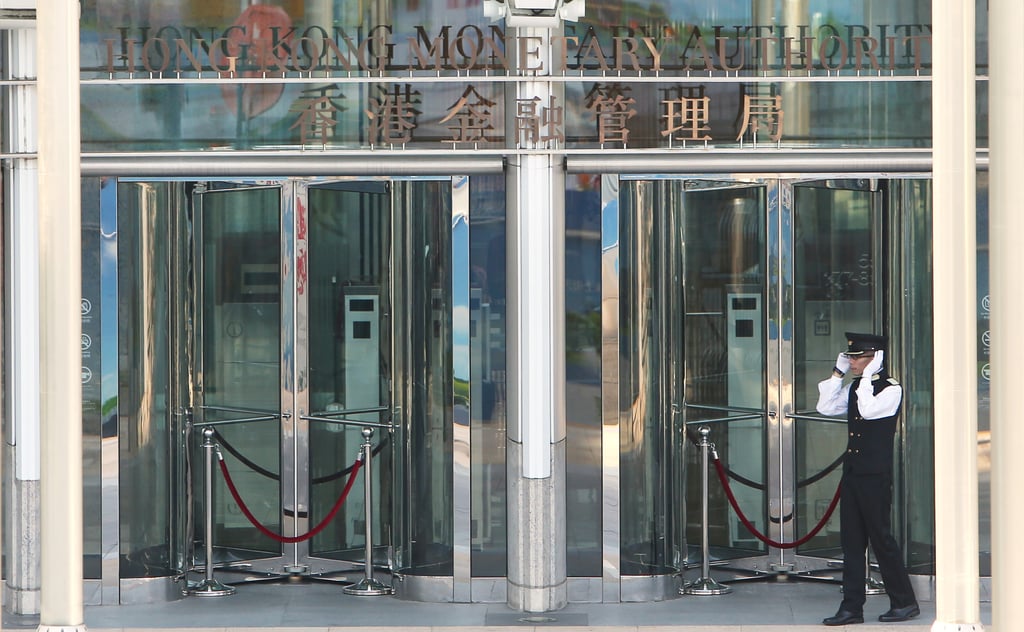Hong Kong financial sector ‘urgently’ needs help with measurement of climate risks, HKMA report says
- A large majority of banks, insurers and asset managers in a survey say a dearth of both climate data and standard methodologies hinders their efforts
- Improvement is urgently needed to strengthen Hong Kong’s position as a sustainable-finance hub, says a report from the city’s de facto central bank

Hong Kong financial institutions face significant challenges measuring climate risk, including a lack of both available data and standardised measurement methodologies, which could hinder their operations, according to a report from the Hong Kong Monetary Authority (HKMA).
The city’s financial regulators and market participants must work together to address the challenges to consolidate Hong Kong’s position as a “green and sustainable finance hub both regionally and internationally”, said Darryl Chan, deputy CEO of the HKMA, Hong Kong’s de facto central bank.
Hong Kong’s financial services industry has been positively engaged in climate-risk measurement and shows increasing interest in further progress, according to the report, released on Monday by the Hong Kong Institute for Monetary and Financial Research (HKIMR), the research arm of the Hong Kong Academy of Finance (AoF) under the HKMA.
The report, which surveyed 106 institutions including 31 banks, 21 insurers, and 54 asset managers in Hong Kong from July to August 2022, found that over half of the surveyed institutions have been measuring climate risks, and 76 per cent are planning to allocate similar or more resources to the task over the next 12 months.

However, the report found that data availability, data-quality issues, and a lack of standardised and consistent methodologies present major challenges, interfering with the ability of the city’s financial institutions to measure climate risks.
In particular, the lack of climate-related data and standardised measurement methodologies were the top two barriers to climate-risk measurement, cited by 68 per cent and 59 per cent of survey respondents, respectively.